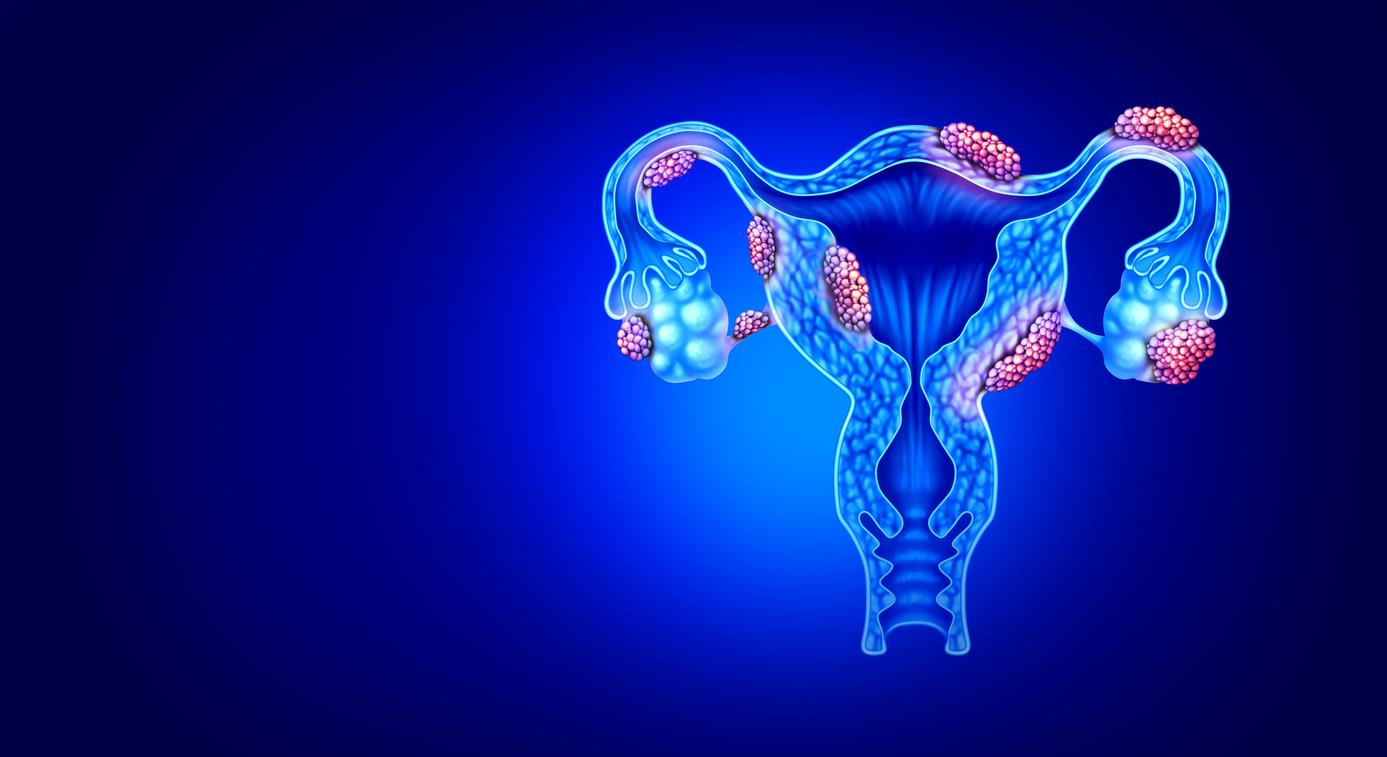Taking opioids does not relieve acute back and neck pain any better than a placebo. In the long term, they are even less effective.

- Opioids are sometimes prescribed to treat acute neck and back pain.
- A study shows that they are no more effective than a placebo, and even that they can make pain worse in the long term.
- Moreover, these drugs present a high risk of addiction.
The opioid crisis has made more than 450,000 dead in the United States since 1999. Misuse and overdoses of these pain medications are the cause of these deaths. Scientists question the relevance of their prescription in certain cases. In Tea Lancet, a team from the University of Sydney demonstrates that they are useless in the management of acute neck and back pain. “Opioids are no more effective than a placebo in relieving acute back and neck pain and may even cause harm“, say the authors.
Back and neck pain: Opioids aren’t that effective
Their trial has around 350 Australian participants. All suffered from sudden back or neck pain and were split into two groups: the first received a six-week treatment with a common opioid and the others took a placebo for the same duration. Doctors also provided advice to both groups, including avoiding lying down and moving around. After six weeks, researchers found that people who took opioids were no better than those who took the placebo. Their pain levels were similar.
In the longer term, people on opioids reported having a worse quality of life and more pain, compared to the placebo group. “After one year, the average pain score in the placebo group was slightly lower: 2.4 in the opioid group versus 1.8 in the placebo group“, observe the authors. Finally, the others noted a small but significant risk of misuse of opioids twelve months after the study.”We have clearly shown that there is no benefit to prescribing an opioid for pain management in people with acute back or neck pain, and in fact it could cause long-term harm, even with short-term treatment only“, explains the lead author of the study, Christine Lin.
Opioids: they should no longer be prescribed for acute back and neck pain
Currently, opioids are considered a last resort treatment for back and neck pain. “This study is proof that opioids should not be recommended at all.”, conclude the authors. “Lower back and neck pain can seriously affect patients’ quality of life, so we need to offer them the best options to help manage their pain, but opioids don’t work and carry serious risks, insists Christine Lin. Instead, doctors should be encouraged to focus on patient-centered approaches, which could include advice to stay active and simple painkillers. The good news is that most people with acute low back pain and neck pain recover naturally within 6 weeks..”
The growing use of opioids in Australia
This study comes as Australia too faces increasing use of opioids. In the case of neck and back pain, the study authors estimate that these drugs are still prescribed in 40 to 70% of cases. “The potential harmful effects of opioids are well knownunderlines Andrew McLachlan, dean of the school of pharmacy of this study and co-author. They range from minor effects like constipation and drowsiness to major effects like addiction, drug addiction, overdose and even unintentional death.” According to’World Health Organizationapproximately 350,000 deaths worldwide are related to opioids and in 30% of cases, it is an overdose.

















